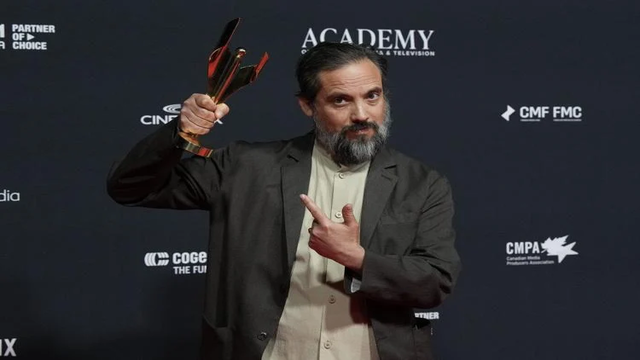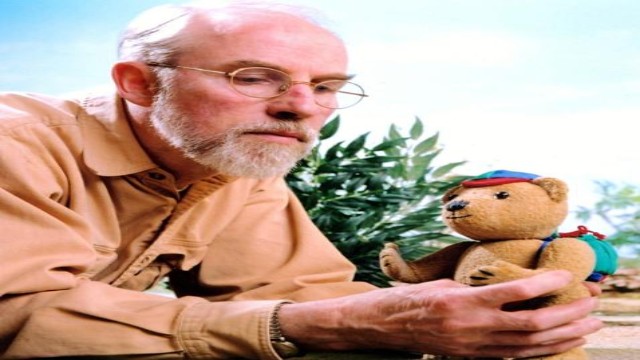
Ryan Reynolds as Deadpool (Yahoo)
When Ryan Reynolds was working on the original Deadpool film, he faced numerous challenges, including the need to have his co-writers with him on set. Reflecting on the experience, Reynolds recently shared with The New York Times how much he valued their input during the production.
Reynolds admitted that he never anticipated the film would be a hit. In a bid to keep his creative team close, he took a significant pay cut. The film's budget was tight, and the producers refused to allow his co-writers, Rhett Reese and Paul Wernick, to be present during filming. Determined to ensure the project’s success, Reynolds decided to use part of his own salary to cover their costs, essentially creating a makeshift writers' room on set.
“I had no expectation that Deadpool would become successful,” Reynolds said. “I even sacrificed my own pay just to make sure my co-writers could join us. The movie’s limited budget meant we didn’t have much time or resources, but this actually worked to our advantage. It pushed us to focus more on the character and less on flashy effects, which is unusual for a comic book film.”
Reynolds also reflected on how the experience taught him the value of deep involvement in a project. “I was deeply invested in every tiny detail of the film, which was a feeling I hadn’t had in a long time,” he noted. This passion and commitment were not only crucial for Deadpool but became a driving force for Reynolds in future projects.
Two years later, Reynolds co-wrote Deadpool 2 alongside Reese and Wernick, continuing their successful collaboration. The trio has now reunited for the upcoming film Deadpool & Wolverine, which also features comic book writer Zeb Wells and director Shawn Levy. The new film is set to hit theaters on July 26.
Reynolds' dedication to keeping his team together and his hands-on approach to the Deadpool project played a significant role in the film's success. It highlighted how overcoming budgetary constraints and personal sacrifices can lead to unexpected and rewarding outcomes in filmmaking.















